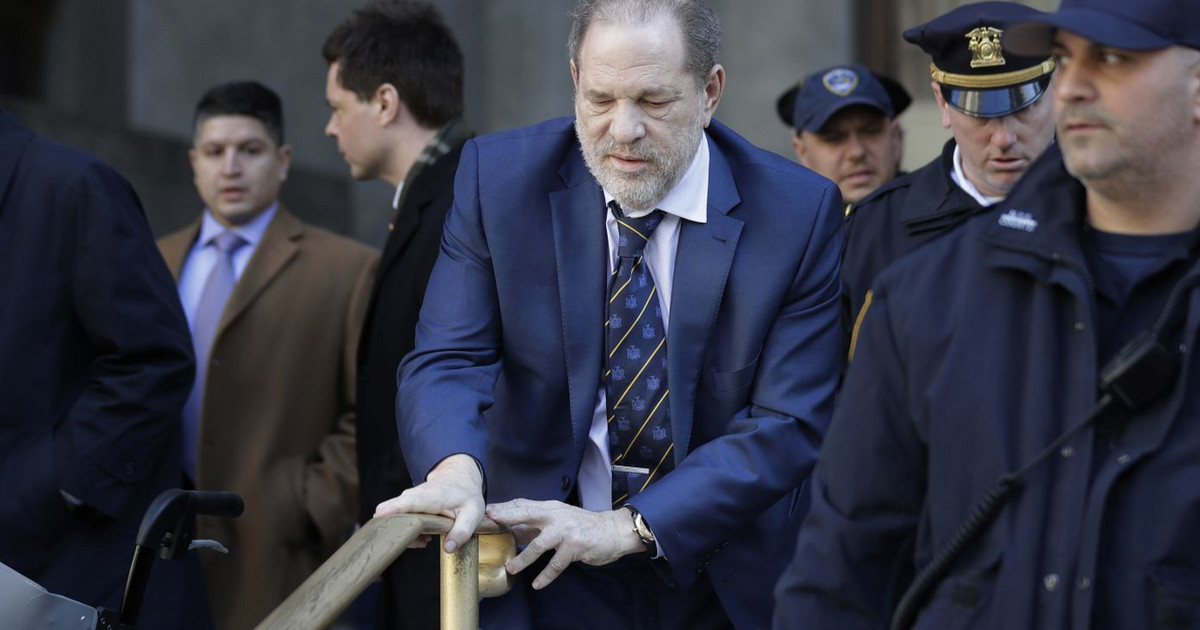Key Wall Street indexes continue to lose more than 1% in trading on Tuesday, following warnings from Moderna chief Stephan Bansel that vaccines currently on sale against Covid-19 may be less effective against the new Omicron mutation. of coronavirus already detected in many countries.
The bad mood created by Moderna CEO’s estimates of the effectiveness of the vaccines against the new mutation follows the upward reaction of the indicators yesterday after Friday’s selloff that forced the Dow Jones to the heaviest losses since October 2020.
Bancell warned it would take a few months before pharmacists could make new vaccines for specific variations in scale. He also noted that the high number of Omicron mutations in the spike protein used by the virus to infect human cells, as well as the rapid spread of the mutation in South Africa, suggest that current vaccine production may need to be modified next year.
“We have to wait for the data. But all the scientists I spoke to at the moment have the view that ‘this is not going to be good,'” Bancell told the Financial Times.
Indicators – Statistics
On the board, the Dow Jones industrial average lost 513.72 points or -1.46% to 34,619.04 points, while the broader S&P 500 fell 65.64 points or -1.41% to 4,589.71 points. The technology Nasdaq slips 222.98 points or -1.41% to 15,559.85 points.
Of the 30 stocks that make up the Dow Jones industrial average, only Apple is moving positively, to $ 162.63 with gains of $ 2.39 or 1.49%.
The biggest losses are recorded by Dow (-3.31%), Salesforce (-3.24%) and American Express (-2.95%). Moderna’s title plunges more than 7%.
Federal Reserve Chairman Jerome Powell also expressed concern, noting that the emergence of the new mutation poses downward risks to the economy and reinforces uncertainty about the outlook for inflation.
“Increasing concern about the virus may reduce people’s willingness to work in their office, which could slow progress in the labor market and exacerbate supply chain disruptions,” Powell told the Commission. Banking Affairs of the Senate.
At the close of the day, consumer confidence in the US plummeted to a nine-month low in November amid growing concerns about high inflation, with analysts warning of the risk of a further deterioration in the climate due to the new Omicron mutation in the coronavirus.
In particular, the consumer confidence index fell to 109.5 points from 111.6 points in October, according to the Conference Board. This was the fourth drop in the index in the last five months.
It is noted that the average estimates of analysts in a Wall Street Journal poll put the index at 110 points.
At the same time, US house prices continued their upward rally in September, although the pace of growth slowed, according to data from the S&P CoreLogic Case-Shiller.
In particular, house prices increased by 19.5% in September from the same period last year, after an annual increase of 19.8% in August, according to the price index at the national level. This is the first slowdown in annual growth since May 2020.
Finally, the price index in 20 major metropolitan areas increased by 19.1% year-on-year in September after rising 19.6% last month. On a monthly basis, the index rose 0.8% in September.
.
I am Sophia william, author of World Stock Market. I have a degree in journalism from the University of Missouri and I have worked as a reporter for several news websites. I have a passion for writing and informing people about the latest news and events happening in the world. I strive to be accurate and unbiased in my reporting, and I hope to provide readers with valuable information that they can use to make informed decisions.






